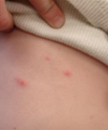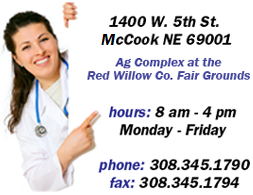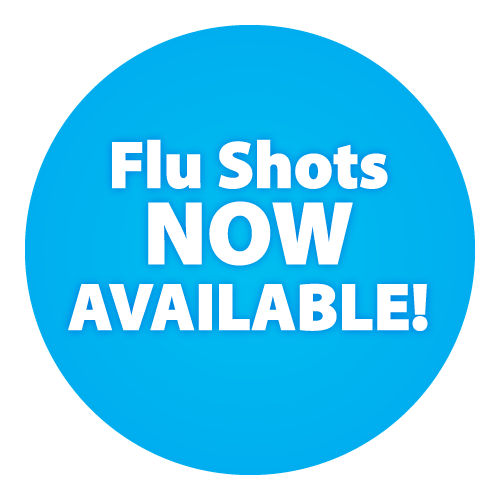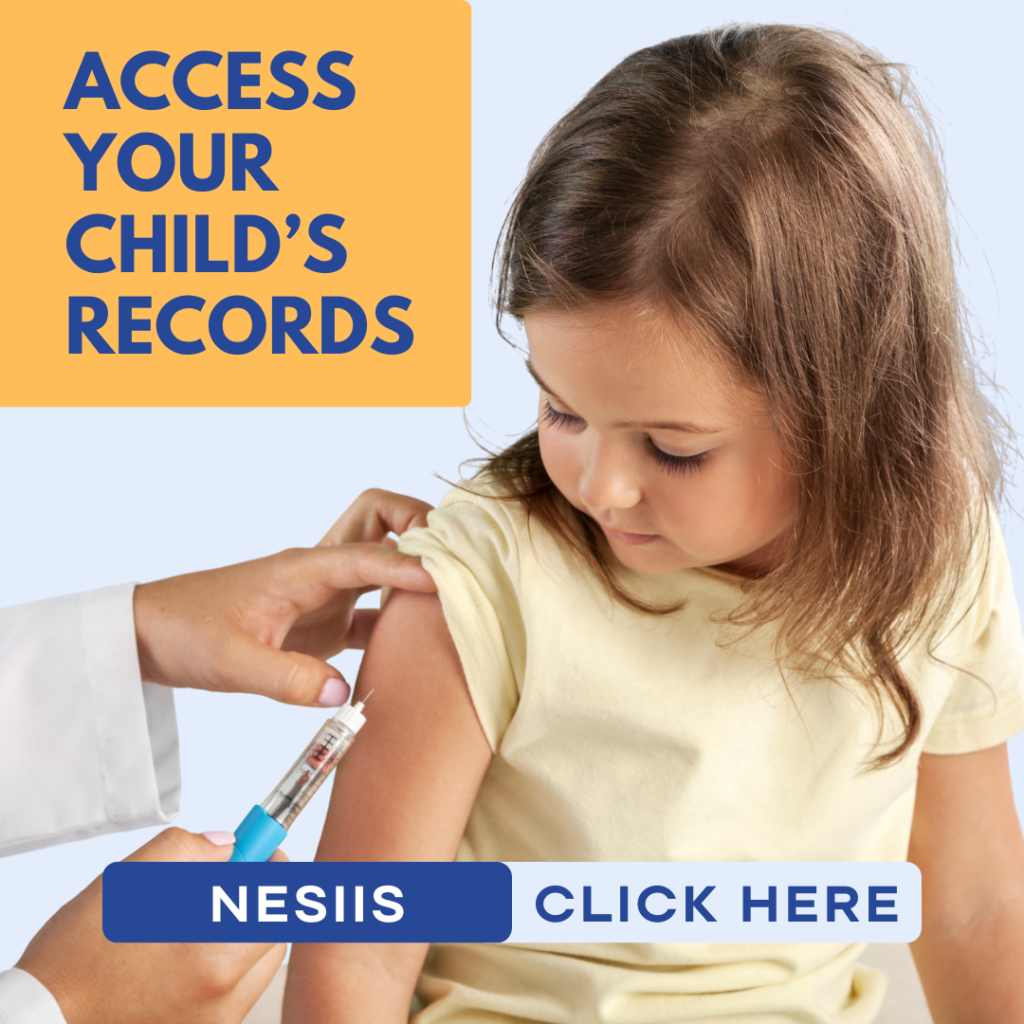COVID-19
Watch for symptoms
People with COVID-19 have had a wide range of symptoms reported – ranging from mild symptoms to severe illness.
These symptoms may appear 2-14 days after exposure to the virus:
- Fever
- Cough
- Shortness of breath or difficulty breathing
- Chills
- Repeated shaking with chills
- Muscle pain
- Headache
- Sore throat
- New loss of taste or smell
When to Seek Medical Attention
If you develop any of these emergency warning signs* for COVID-19 get medical attention immediately:
- Trouble breathing
- Persistent pain or pressure in the chest
- New confusion or inability to arouse
- Bluish lips or face
*This list is not all inclusive. Please consult your medical provider for any other symptoms that are severe or concerning to you.
Call 911 if you have a medical emergency: Notify the operator that you have, or think you might have, COVID-19. If possible, put on a cloth face covering before medical help arrives.
If you need help with any questions regarding COVID-19, Red Willow County Health Department will help answer those or direct you to someone who can help you with your concerns. 308-345-1790.
Reference: CDC, April 23, 2020
Nebraska Schools Immunization Program
In Nebraska, children can’t attend classes in public or private school until the school has written proof of their immunization status (Neb. Rev. Stat. §§ 79-217 through 79-253).
To attend school, children in Nebraska are required to be immunized against the following diseases:
• Diphtheria, tetanus, and pertussis
• Polio
• Measles, mumps, and rubella
• Hepatitis B
• Varicella (chicken pox)
Summary of the School Immunization Rules and Regulations (English)
Summary of the School Immunization Rules and Regulations (Spanish)
All school immunizations available at Red Willow County Health Department. Call for an appointment today.
Reference: Nebraska Department of Health and Human Services, November 13, 2017
Meningitis-Community Settings as a Risk Factor
Infectious diseases tend to spread wherever large groups of people gather together. Recent data show that the risk for meningococcal disease in college students is slightly higher than the risk in other teens and young adults who are not attending college. Many states require colleges to provide information on risks of meningococcal disease to incoming students or students residing on campus. Some states require vaccination for certain students, unless the students provide a vaccination waiver.
CDC recommends meningococcal conjugate vaccines for first-year college students living in residence halls. If they received it before their 16th birthday, they need a booster dose for maximum protection before going to college. Colleges who require vaccination of incoming students should consider a vaccine received within 5 years before school enrollment as valid. However, the vaccine is safe and effective and therefore doctors can also give it to non-first-year college students.
College campuses have reported outbreaks of serogroup B meningococcal disease during the last several years. Meningococcal conjugate vaccines do not include protection against serogroup B meningococcal disease. CDC recommends the use of a serogroup B meningococcal vaccine for people identified to be at increased risk because of a serogroup B meningococcal disease outbreak, including outbreaks on college campuses.
Learn more about meningococcal vaccine recommendations.
Get your Meningitis vaccines at Red Willow County Health Department! We have Menactra (meningococcal conjugate vaccine, serogroups A,C,W, & Y) and Bexsero (meningoccocal vaccine, serogroup B) available. Please call for an appointment today.
Reference: Centers for Disease Control and Prevention June 7, 2017
Why does my child need HPV vaccine?
HPV vaccine is important because it protects against cancers caused by human papillomavirus (HPV) infection. HPV is a very common virus; nearly 80 million people—about one in four—are currently infected in the United States. About 14 million people, including teens, become infected with HPV each year.
Most people with HPV never develop symptoms or health problems. Most HPV infections (9 out of 10) go away by themselves within two years. But, sometimes, HPV infections will last longer, and can cause certain cancers and other diseases. HPV infection can cause:
- cancers of the cervix, vagina, and vulva in women;
- cancers of the penis in men; and
- cancers of the anus and back of the throat, including the base of the tongue and tonsils (oropharynx), in both women and men.
Every year in the United States, HPV causes 30,700 cancers in men and women. HPV vaccination can prevent most of the cancers (about 28,000) from occurring.
HPV Vaccines: Vaccinating Your Preteen or Teen
HPV (Human Papillomavirus) Vaccine
Gardisal 9 available at Red Willow County Health Department. Please call with questions and to schedule an appointment.
References: Centers for Disease Control and Prevention August 24, 2017 & U.S. Department of Health and Human Services 11/2016
Varicella (Chickenpox) in Vaccinated Persons (Breakthrough Varicella)

Breakthrough varicella on the abdomen of a vaccinated child.
Breakthrough varicella is infection with wild-type VZV occurring in a vaccinated person more than 42 days after varicella vaccination. Breakthrough varicella is usually mild. Patients typically are afebrile or have low fever and develop fewer than 50 skin lesions. They usually have a shorter illness compared to unvaccinated people who get varicella. The rash is more likely to be predominantly maculopapular rather than vesicular. However, 25%-30% of persons vaccinated with 1 dose with breakthrough varicella have clinical features similar to those of varicella in unvaccinated people.
Since the clinical features of breakthrough varicella are often mild, it can be difficult to make a diagnosis on clinical presentation alone. Laboratory testing is increasingly important for confirming varicella and appropriately managing cases and their contacts. There is limited information about breakthrough varicella in persons who have received two doses of varicella vaccine, though it appears to occur less frequently and disease may be even milder among people vaccinated with two doses of varicella vaccine compared to persons who have received a single dose of varicella vaccine.
Varicella (Chickenpox) vaccination available at Red Willow County Health Department. Call for information and an appointment.
References: Centers for Disease Control and Prevention April 11, 2016 & November 22, 2016
Who Should Get Shingrix?
Shingles vaccination is the only way to protect against shingles and postherpetic neuralgia (PHN), the most common complication from shingles. CDC recommends that healthy adults 50 years and older get two doses of the shingles vaccine called Shingrix®, separated by 2 to 6 months, to prevent shingles and the complications from the disease. Your doctor or pharmacist can give you Shingrix as a shot in your upper arm.
Shingrix provides strong protection against shingles and PHN. Two doses of Shingrix is more than 90% effective at preventing shingles and PHN. Protection stays above 85% for at least the first four years after you get vaccinated. Shingrix is the preferred vaccine, over Zostavax®, a shingles vaccine in use since 2006.
What Everyone Should Know about Shingles Vaccine (Shingrix)
Red Willow County Health Department has Shingrix available. Please call for more information or an appointment today.
References: Centers for Disease Control and Prevention February 28, 2018
Surround Babies with Protection
You can provide indirect protection to your baby by making sure everyone who is around him is up to date with their whooping cough vaccine. When your baby’s family members and caregivers get a whooping cough vaccine they are not only protecting their own health, but also helping form a “cocoon” of disease protection around the baby during the first few months of life. Anyone who is around babies should be up-to-date with their whooping cough vaccine.
More information on Surrounding Babies with Protection
Tdap (Tetanus, Diphtheria, Pertussis) VIS
Red Willow County Health Department has the Tdap vaccine available for expecting parents, grandparents, or other adults who will be around your infant. Please call for more information or to schedule an appointment today.
References: Centers for Disease Control and Prevention June 29, 2017, August 7, 2017, January 10, 2017


